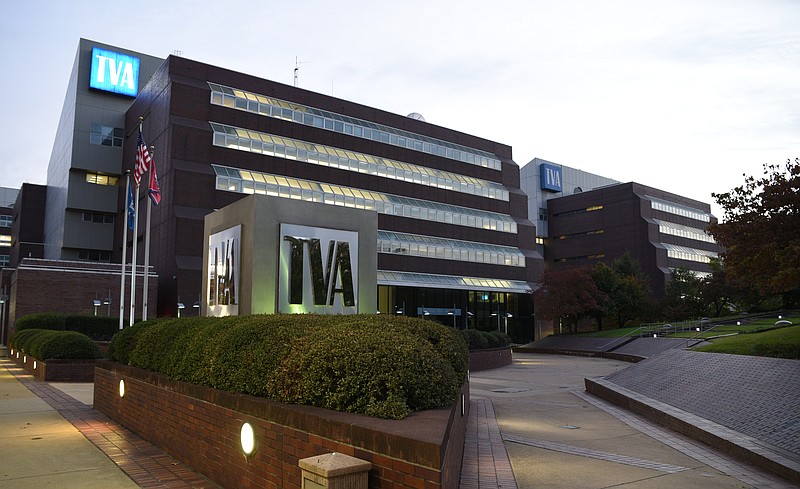The nation's largest public utility says it could be required to partially reimburse a contractor it hired to clean up a massive coal ash spill after that contractor was sued by workers.
The Tennessee Valley Authority says it could be contractually obligated to reimburse Jacobs Engineering Group "some amounts" if the workers win their lawsuits. They claim Jacobs' negligence caused illnesses ranging from high blood pressure to cancer.
The workers were cleaning up more than 5 million cubic yards of coal ash sludge from a 2008 spill at TVA's Kingston, Tennessee, facility. Coal ash can be laden with arsenic, mercury, lead, radium and other highly toxic chemicals.
A federal judge has ordered mediation.
In its latest quarterly earnings report filed with the Securities and Exchange Commission, TVA said it contends that "Jacobs had failed to take or provide proper health precautions and misled workers about the health risks associated with exposure to coal fly ash."
In November, a jury hearing the first phase of the two-part case returned a verdict against Jacobs, including determinations that Jacobs failed to adhere to its contract with TVA or the site safety and health plan. On January 11, 2019, the district court referred the parties to mediation.
"Depending on the outcome of mediation, the litigation will proceed to the second phase on the question of whether Jacobs's failures did in fact cause the plaintiffs' alleged injuries and damages," TVA said in its quarterly filing. "While TVA is not a party to this litigation, TVA could be contractually obligated to reimburse Jacobs for some amounts that Jacobs is required to pay as a result of this litigation.
TVA does not estimate how much it might have to pay.
TVA has committed to converting its coal ash ponds from wet to dry storage, which will be completed by 2022. The estimated cost for this conversion is $2 billion.
